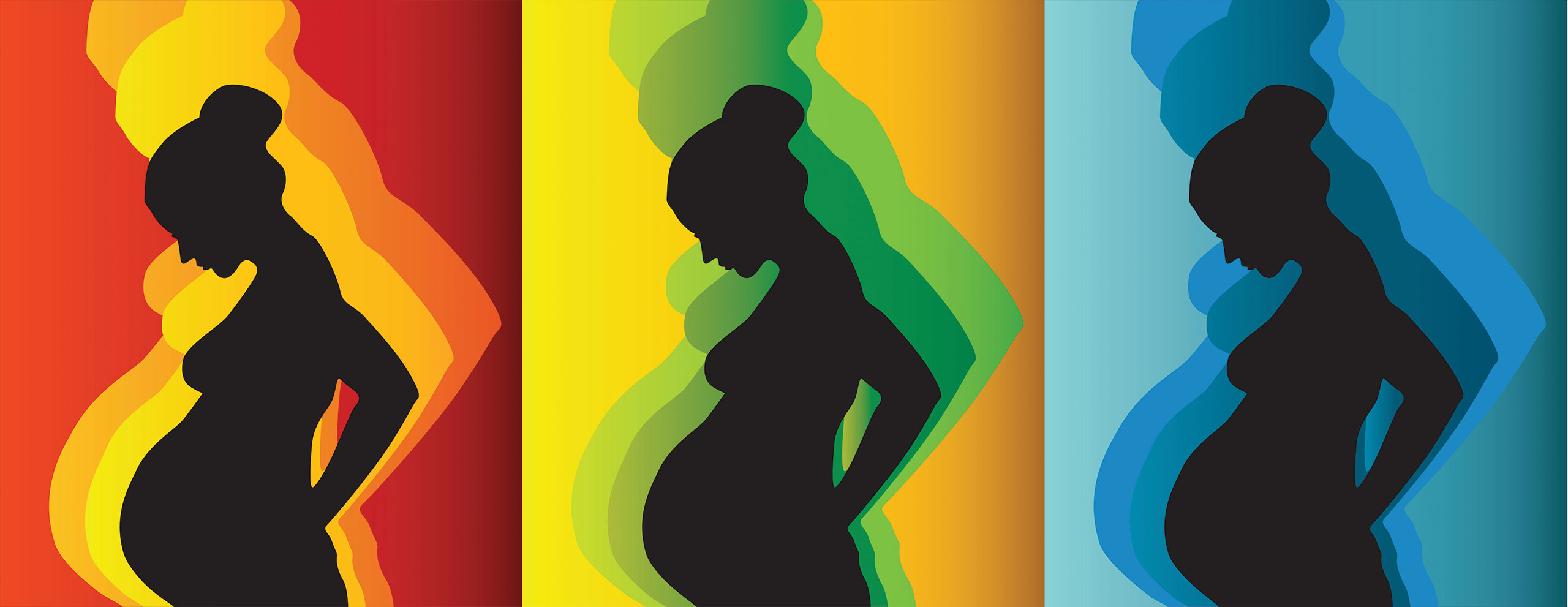National Maternal Depression Month
May is National Maternal Depression month, a month used in increasing awareness. Often, most mothers put their family’s needs before their own; this can lead to deterioration in their own mental health. Bringing awareness to this topic is important not only for the mothers who might not be feeling like themselves but to also educate the public. Whether it is your mom, sister, wife, coworker, or yourself, we need to come together and help moms put their mental health first.
Although there are different types of depression, I will be focusing on the signs, symptoms, and risk factors for post-partum depression (PPD). Motherhood can be overwhelming and those who have PPD may not realize or even dismiss the signs due stigma surrounding mental health and the pressure society places on them.
|
Risk factors:
|
Sign and Symptoms:
|
PPD is not to be confused with the “baby blues” which typically only last a few weeks after birth. If your symptoms last longer, are increasing as the days go by, or you notice new symptoms, please reach out for support and remember you are not alone in this journey and this is NOT your fault. If you have any questions do not hesitate to contact a professional.
Moms remember, in order to take the best care of your loved ones, you need to take care of yourself first!
*Please reach out to your support system and a professional immediately. These symptoms can lead to life threatening thoughts and behaviors that require immediate treatment.

